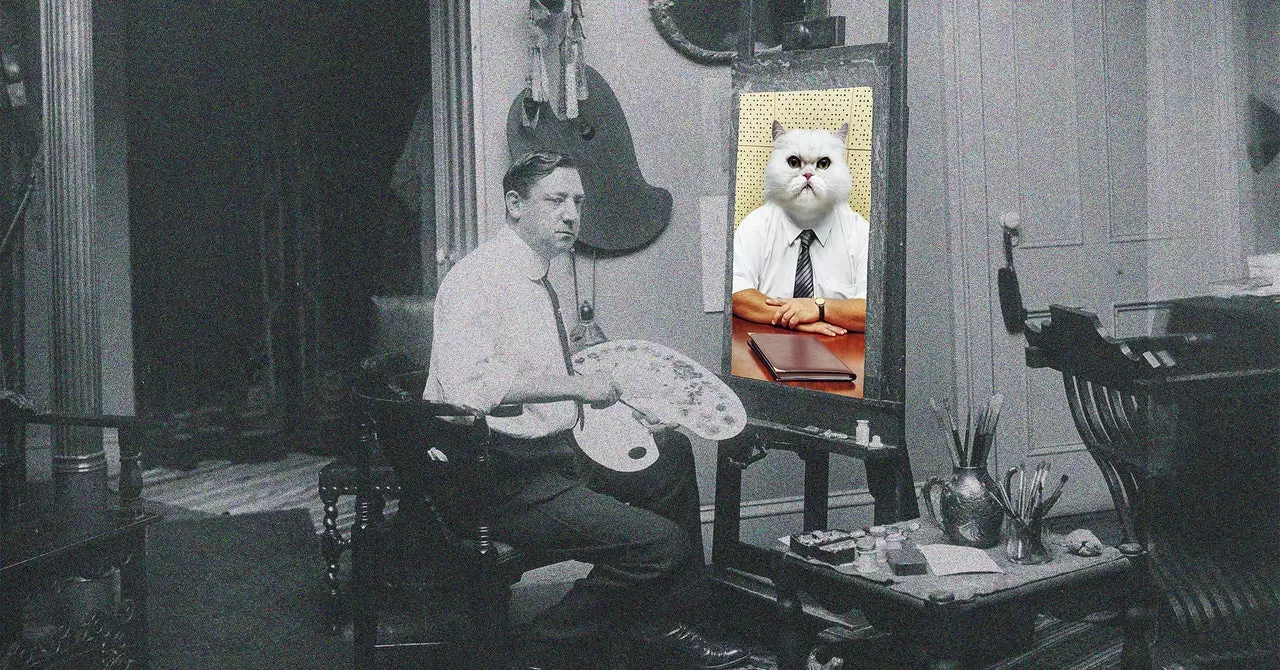The use of AI-generated content in marketing materials has sparked backlash not only from creative app developers but also from hardware manufacturers and game publishers. Companies like Wacom and Wizards of the Coast have faced criticism and backlash for utilizing AI-generated content in their marketing campaigns. The negative reaction to AI-generated commercials, such as the one launched by Toys “R” Us, highlights the ethical concerns that arise with the use of generative AI in marketing strategies.
Procreate, a popular creativity app, recently made headlines by announcing their anti-AI stance. The response to this announcement has been largely positive, with many artists praising the company for prioritizing human-centric creativity. Artist Freya Holmér expressed her appreciation for Procreate’s decision, emphasizing the importance of supporting artists and their creative autonomy.
While some artists and users have applauded Procreate’s stance against AI image synthesis, there are also proponents of using AI tools in the creative process. Artist R. J. Palmer, who initially sparked the backlash against AI art, commended Procreate for their message but also highlighted the need for a strong competitor to high-level tools like Photoshop. The debate between traditional skill and AI-augmented creativity continues to divide the artistic community.
Procreate’s decision to take a stand against AI in its platform is not without risks. By positioning themselves as an underdog to Adobe, the creativity app giant, Procreate risks alienating a portion of its user base who may prefer AI tools in their creative process. The company’s commitment to human-centric creativity may differentiate them in the market but could also lead to polarization among users.
As the debate over AI image synthesis in the creative industry continues, companies like Procreate face the challenge of balancing technological advancements with ethical considerations. Procreate’s anti-AI stance may be a strategic marketing move to appeal to artists who value human creativity over AI-generated content. However, the company must be prepared to stand by their decision in the face of evolving technologies and changing consumer preferences.
In a rapidly evolving technological landscape, the debate over AI image synthesis in marketing and creative industries is ongoing. Procreate’s decision to reject AI in favor of human-centric creativity has garnered both support and criticism from artists and users. As the industry grapples with the ethical implications of generative AI, companies like Procreate must navigate the delicate balance between innovation and ethical responsibility to ensure the continued support of their user base.

